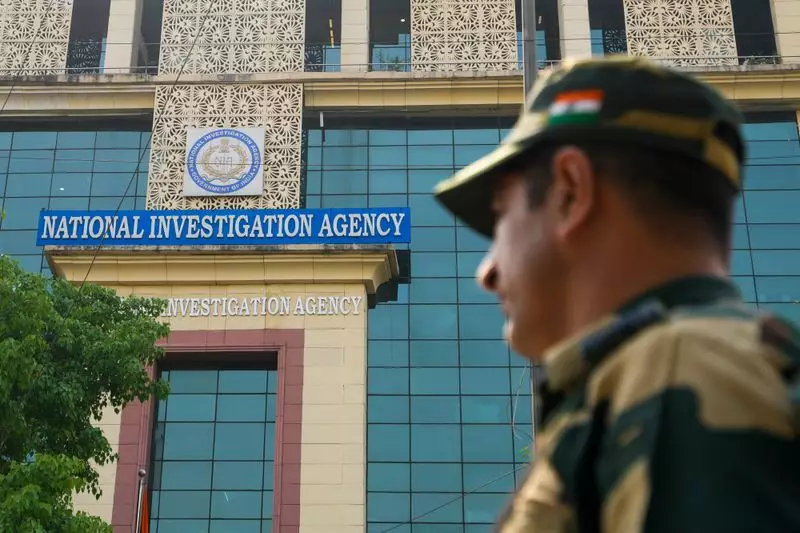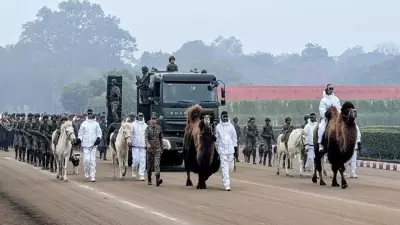
A Delhi court has made a significant ruling in the ongoing Delhi blast case, granting permission to accused Mohammad Shahnawaz Wani to meet with his legal counsel at the National Investigation Agency (NIA) headquarters. This decision comes amid tight security concerns and legal considerations surrounding the high-profile terrorism case.
Court Order Details and Security Arrangements
Special Judge Shailendra Malik of the Patiala House Courts delivered the ruling that allows Wani to consult with his lawyer within the secure premises of the NIA headquarters. The court specifically directed that the meeting must be conducted under the direct supervision of NIA officials, ensuring complete compliance with all necessary security protocols.
The court order emphasizes that adequate security measures must be maintained throughout the duration of the legal consultation. This precautionary measure reflects the serious nature of the charges against Wani and the potential risks associated with the case. The NIA has been instructed to make appropriate arrangements to facilitate this legal meeting while maintaining the highest level of security vigilance.
Background of the Delhi Blast Case
Mohammad Shahnawaz Wani stands accused in connection with a blast that occurred in Delhi, which prompted the immediate involvement of the National Investigation Agency. The case involves serious charges under various sections of anti-terrorism legislation, making it one of the significant security matters currently being handled by Indian authorities.
The investigation has been ongoing for several months, with the NIA conducting multiple raids and gathering evidence across different locations. The agency has been particularly cautious about security arrangements given the sensitive nature of the case and the potential connections to larger terrorist networks.
Legal Implications and Future Proceedings
This court decision represents an important balance between the accused's fundamental right to legal representation and the necessary security considerations in terrorism cases. The ruling ensures that Wani can properly prepare his defense while maintaining the integrity of the investigation and judicial process.
Legal experts note that such arrangements are becoming increasingly common in high-security cases where moving accused individuals to regular court premises or lawyer's offices could pose significant security risks. The NIA headquarters provides a controlled environment where such meetings can occur without compromising investigative confidentiality or public safety.
The court has scheduled further hearings in the case, with the next proceedings expected to address additional evidentiary matters and potentially more substantive legal arguments. Both the prosecution and defense are preparing for what promises to be a complex legal battle involving multiple layers of evidence and legal interpretations.
This development marks a crucial step in the legal process, demonstrating the Indian judiciary's commitment to ensuring fair trial rights while simultaneously addressing national security concerns. The case continues to draw significant attention from legal circles and security analysts alike, given its potential implications for how terrorism cases are handled within the Indian judicial system.





